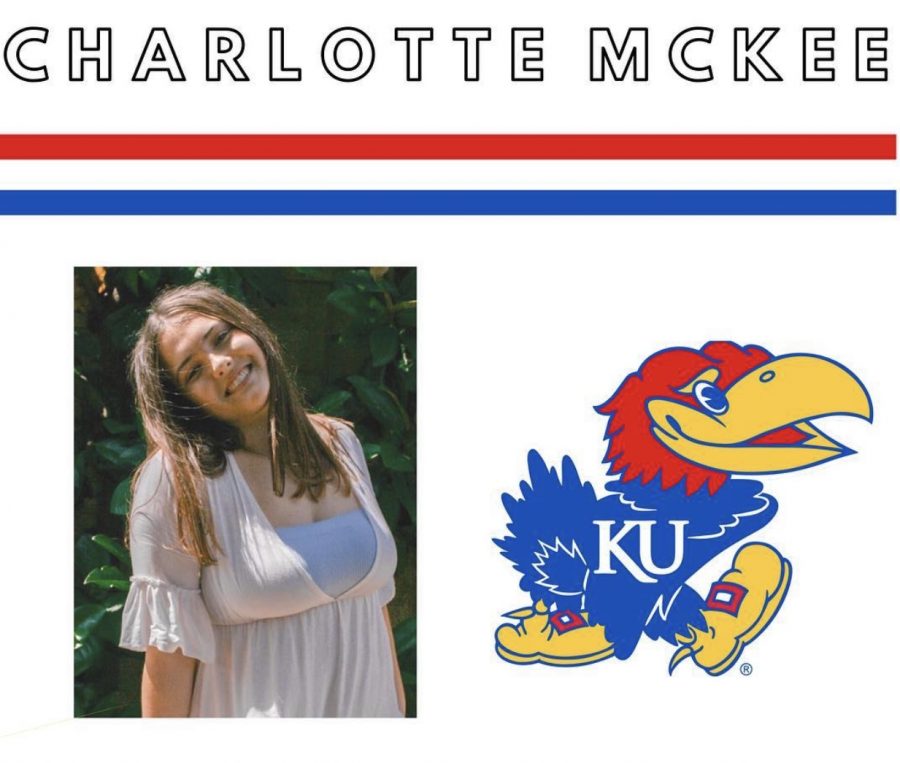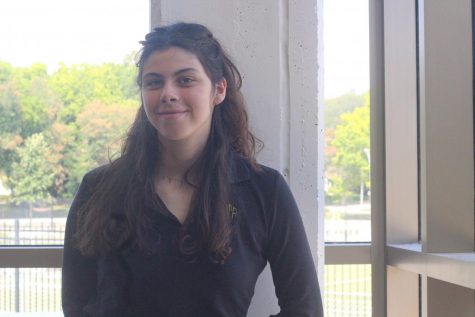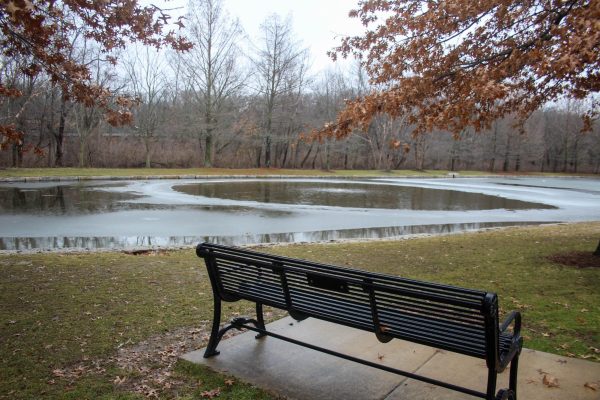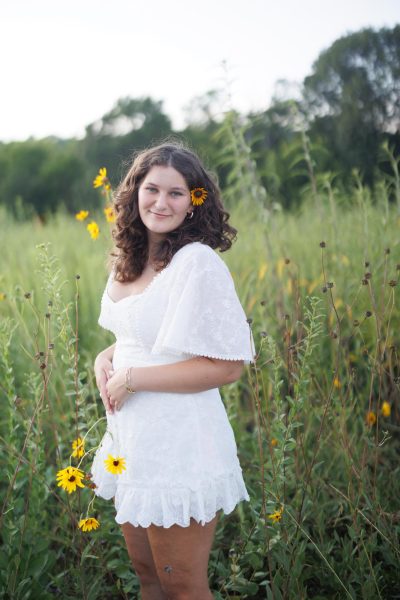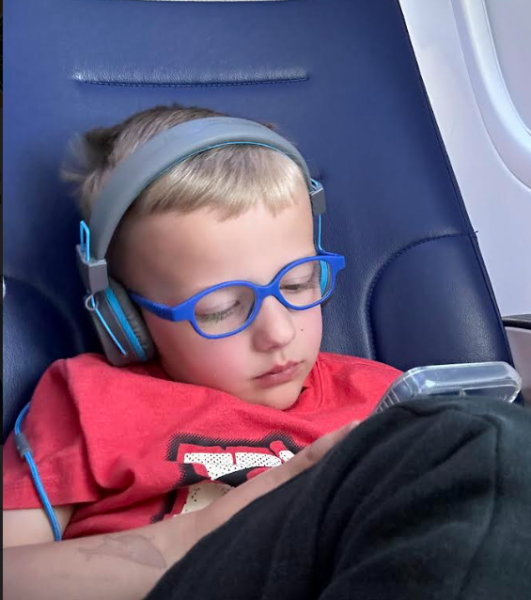Seniors’ college decisions are impacted by COVID-19
The pandemic has altered the traditional process of college selection for many seniors nationally and may affect rising seniors as well.
Senior Charlotte McKee will be attending University of Kansas – Lawrence Apr.20. McKee will be majoring in marketing and communications. photo courtesy of @seniorstars_2020.
May 12, 2020

For seniors, springtime means finalizing decisions about where to go to college, but for the class of 2020, this process has coincided with the outbreak of the COVID-19 pandemic. According to CNBC, many universities have already extended their decision deadlines by a month to June 1, and some graduating high school seniors may postpone starting college until 2021. According to college counselor Abigail Jelavich, staying on top of colleges’ different decisions and changes, as well as connecting undecided students to resources, is an important part of her job right now.
“From a day-to-day in terms of college counseling, it’s really been staying on top of all of the announcements colleges have been making,” Jelavich said. “…Hundreds of colleges have moved their decision deadlines from that traditional May 1 deadline to June 1, or later. That said, not all colleges have moved that deadline, so kind of staying on top of each college and what their decisions are, staying on top of [what decisions] colleges are making for the next cycle, so this year’s senior class, rising seniors.”
On the other hand, many seniors have already made their commitments, such as senior Cecelia Klem who is planning on attending Saint Louis University in the fall.
“I wanted to stay in the Midwest because I didn’t want to go too far from home, and I wanted to be in a big city too because I don’t like small towns or college towns or anything, so that narrowed it down quite a bit because there aren’t a whole lot of big cities in the Midwest,” Klem said. “…Financial aid was also an important part of my decision, because college is expensive.”
Senior Agnesa Vilott had decided she wanted to go to the University of Missouri-Columbia even earlier, in August 2019. While her decision process was not impacted by COVID-19 either, her freshman orientation is taking place online instead of on campus.
“That’s been the main thing that’s been impacted, like college-wise,” Vilott said.
However, many colleges’ decisions on when they will open their campuses back up are up the air currently.
“I think every college is having those discussions right now and making multiple game plans, basically, for next fall and this summer, like what does this summer look like, what does the fall look like, both in terms of visits but also in terms of their classes for the fall,” Jelavich said.
Klem hopes SLU will have students back on campus in person for her first semester of college. If not, she is considering taking a gap year.
“I am not going to pay thousands of dollars to basically teach myself the first semester of college, you know?” Klem said. “I’ve talked to my parents, I might move to St. Louis and get a job there or something, I don’t know.”
Klem is not the only senior considering putting off going to college because of COVID-19. According to Jelavich, this seems to be the trend across the nation.
“It does seem like colleges are getting a lot more requests for gaps and deferrals, but as of right now there’s not a lot of information on how many of those are being approved, if that makes sense, because ultimately the colleges still want to have a freshman class in the fall,” Jelavich said.
But for now, the future remains uncertain.
“It’s all up in the air, which sucks because I want to know what I’m doing but I can’t because of this stupid virus,” Klem said.
Vilott feels incoming freshmen like her would be especially disadvantaged if fall classes were to be online.
“I don’t know anything about the school, and I feel like it’d probably be a lot more difficult to learn some things since I’ve never been at the school, whereas an upperclassman would probably be more comfortable,” Vilott said.
In addition, the class of 2021 may see their college process impacted by changes caused by COVID-19, both in terms of visiting and admissions processes.
“There’s a lot of new policies and changes related to, particularly, standardized tests, and more and more colleges are choosing to go test-optional, either indefinitely or for a one to three year sort of pilot period because of this too,” Jelavich said.
Overall, while the responses of colleges to the pandemic is varying, Jelavich is optimistic.
“I think colleges are being just incredibly flexible right now and doing everything they can to support students,” Jelavich said. “That’s really been the big thing I’ve been impressed with, sort of the pivot that colleges have been able to do in a relatively quick amount of time.”



